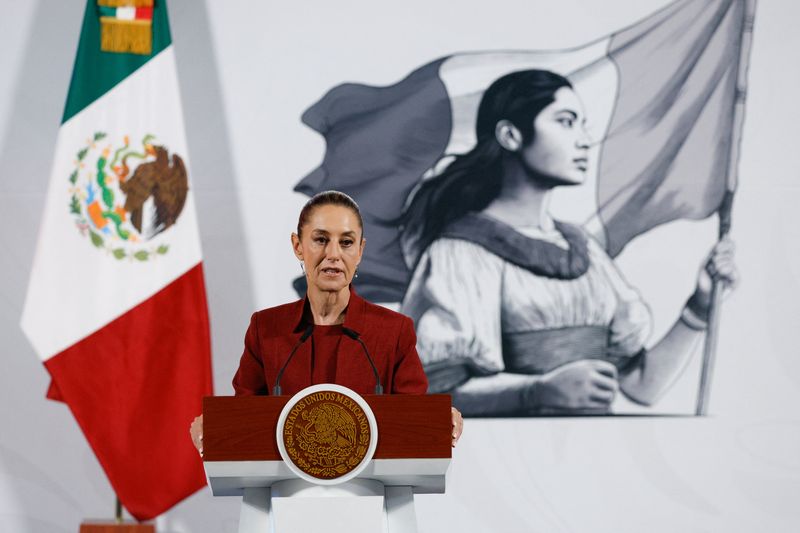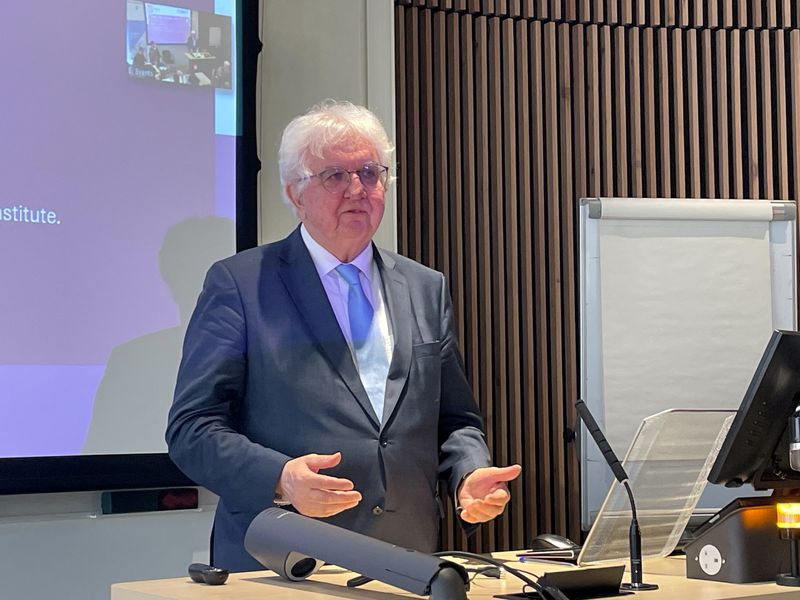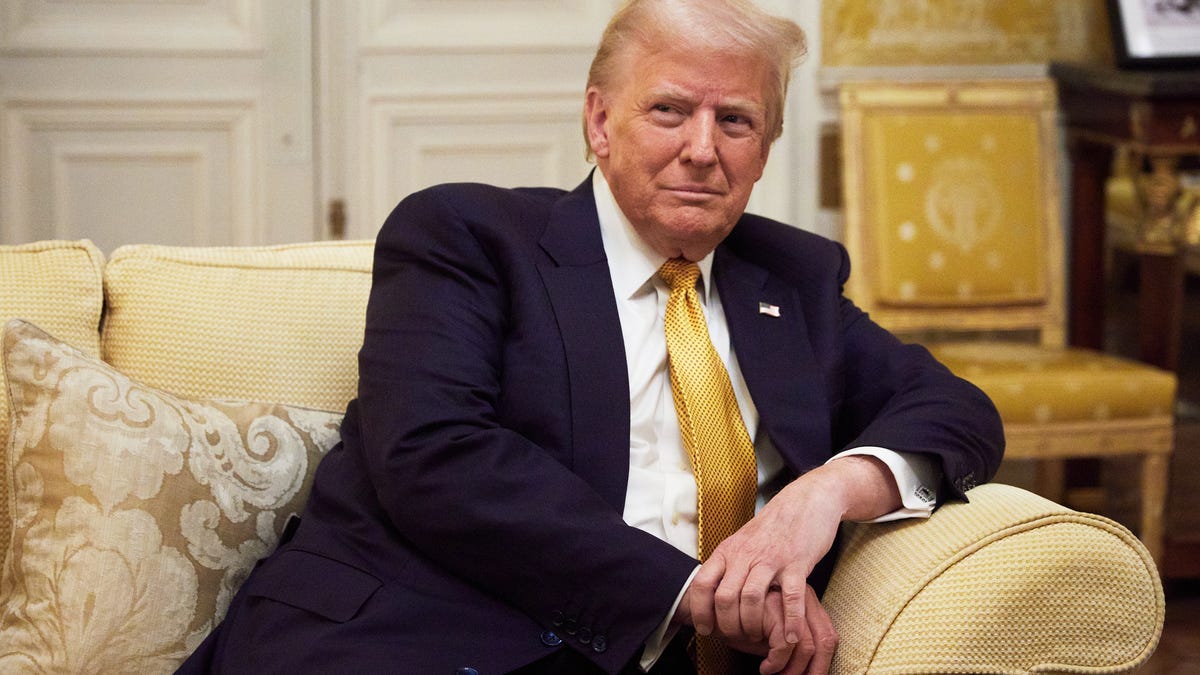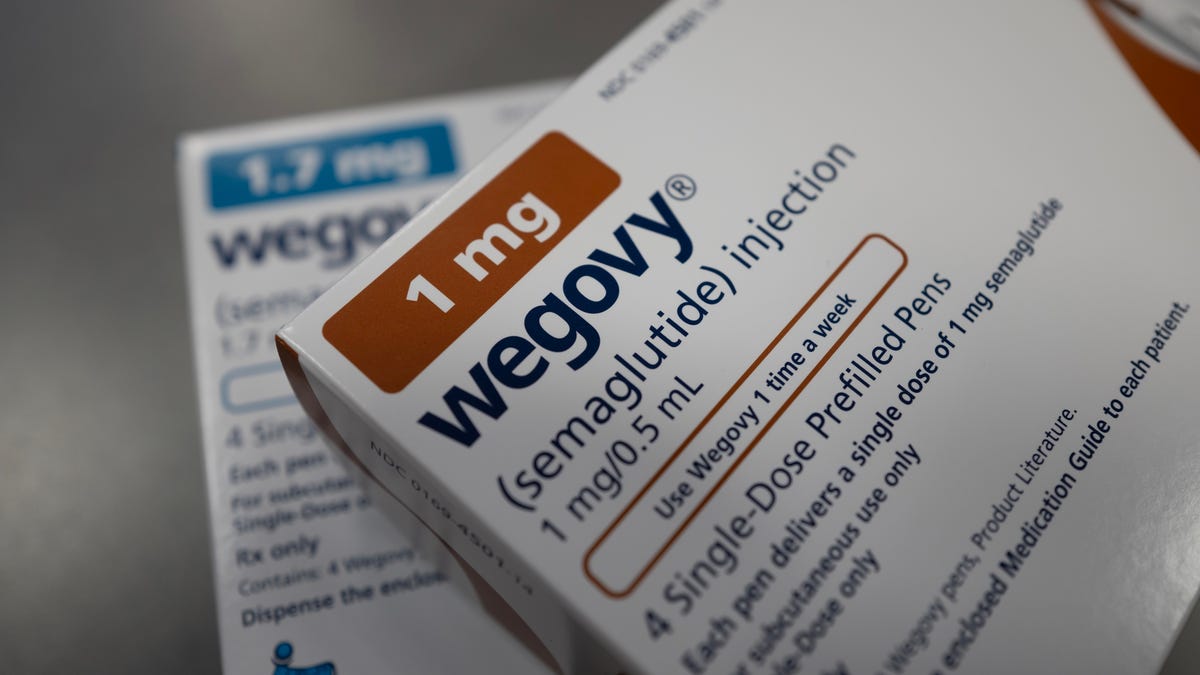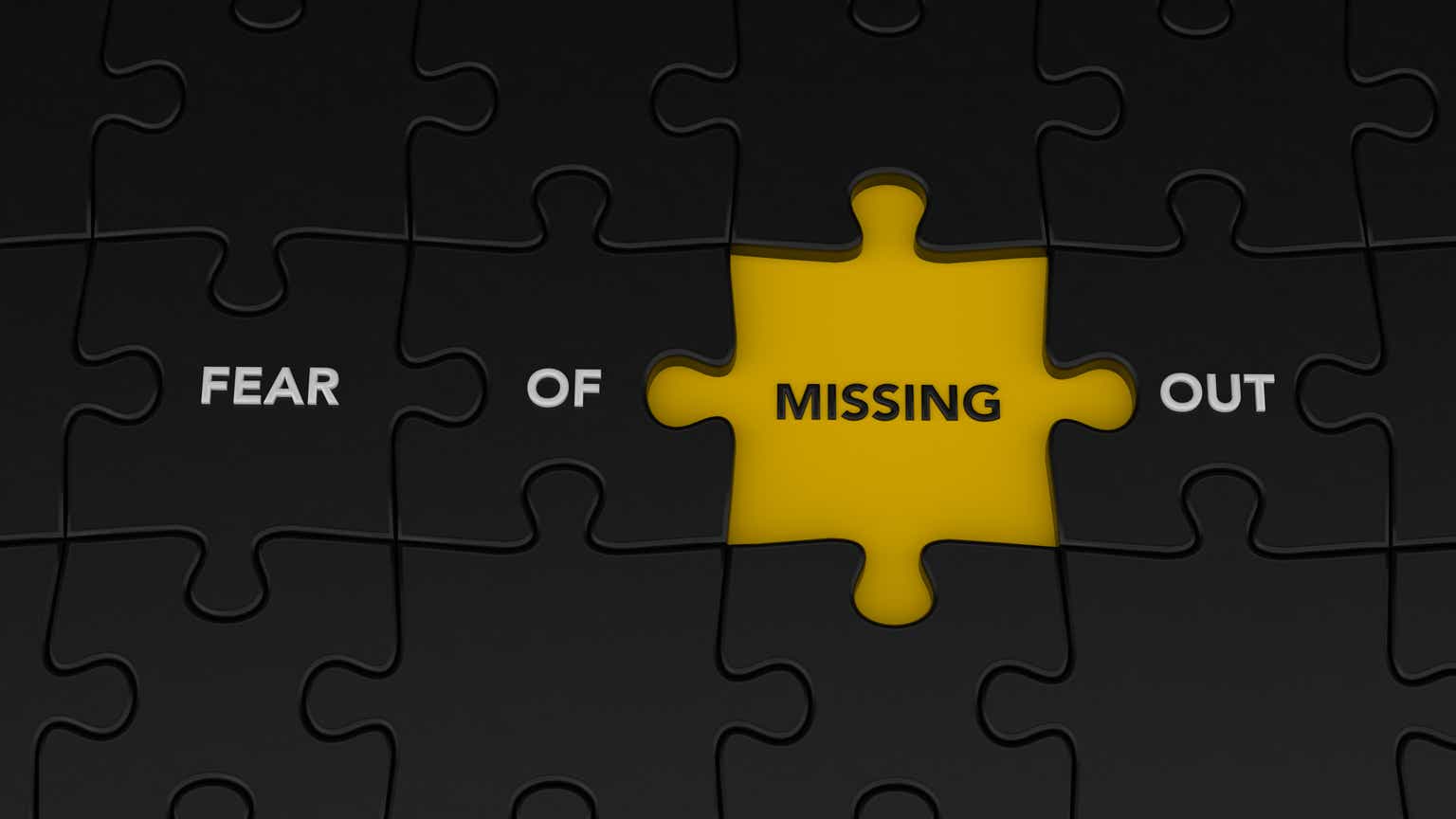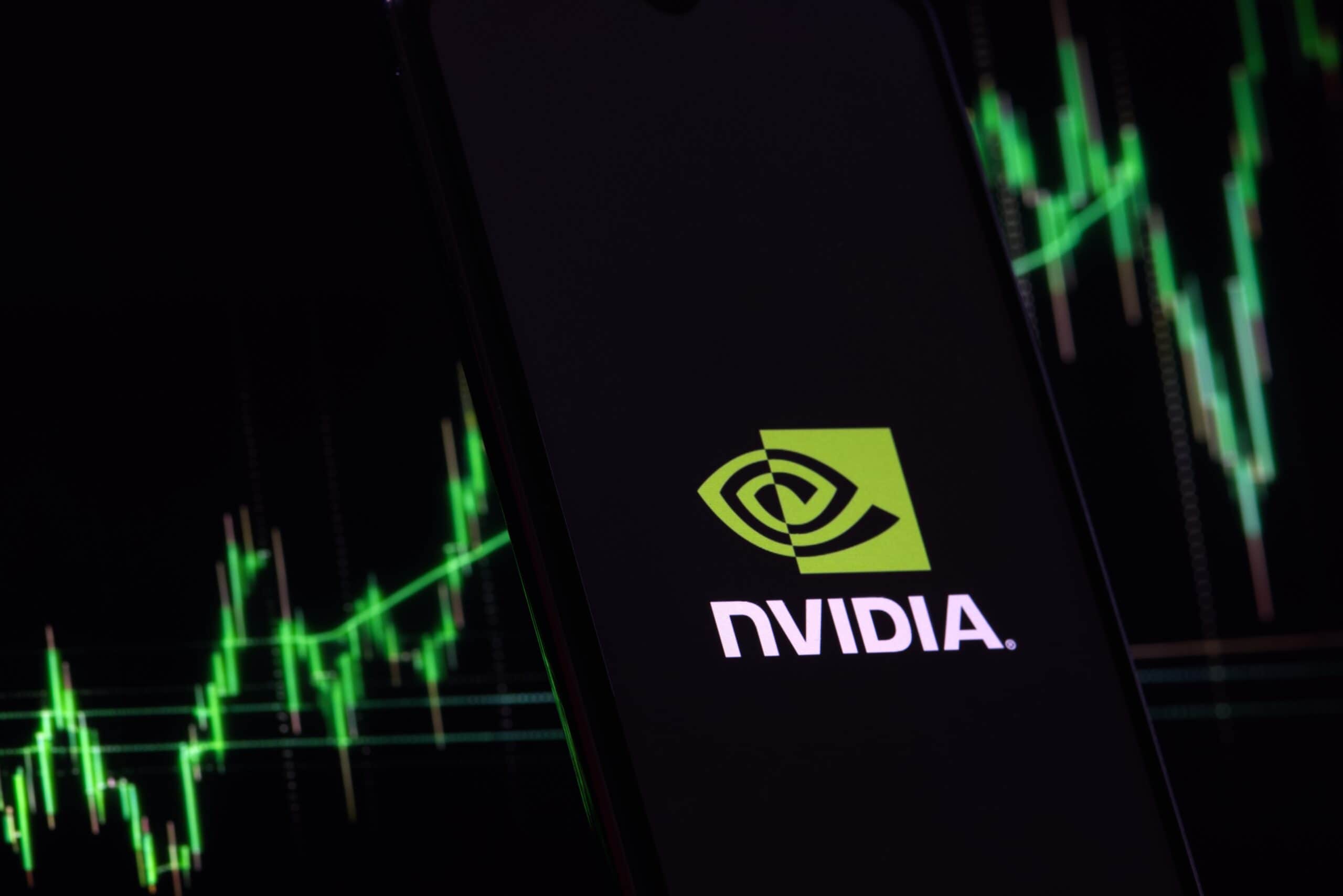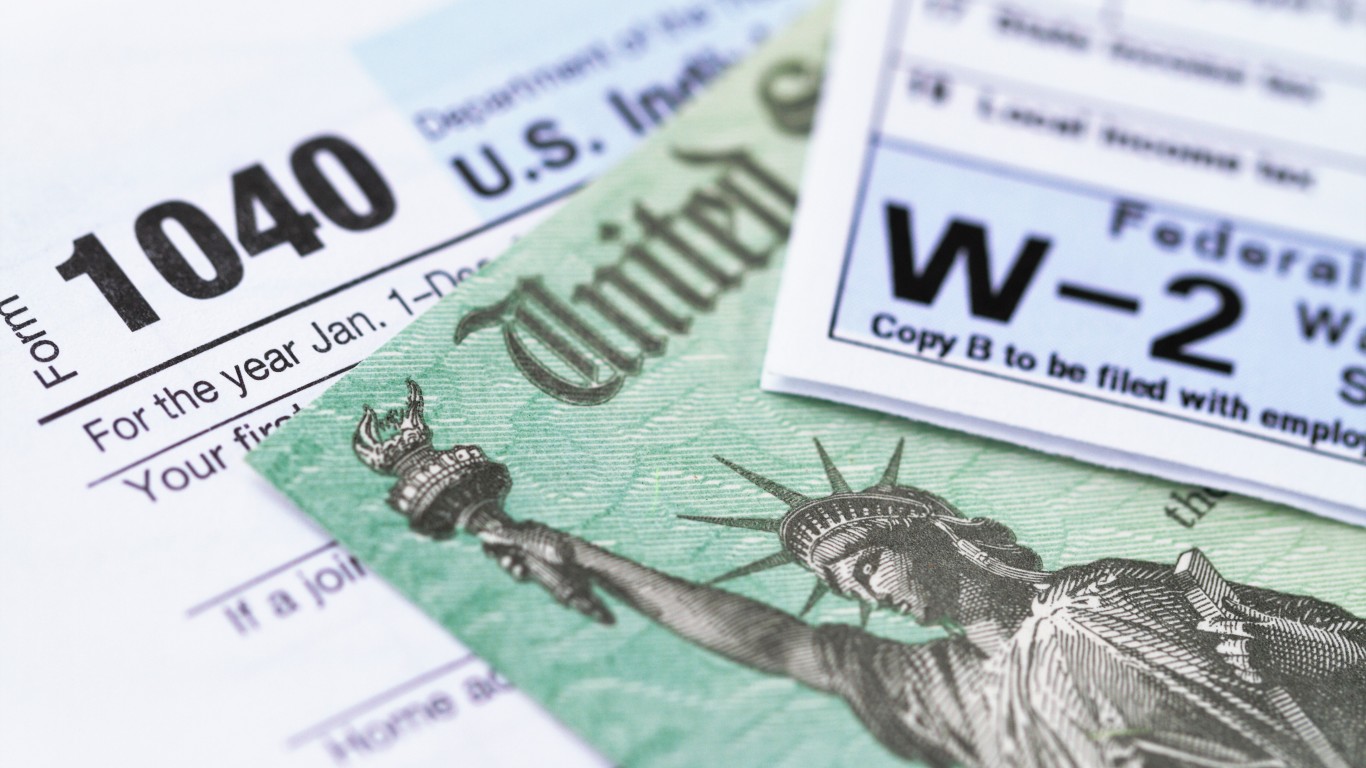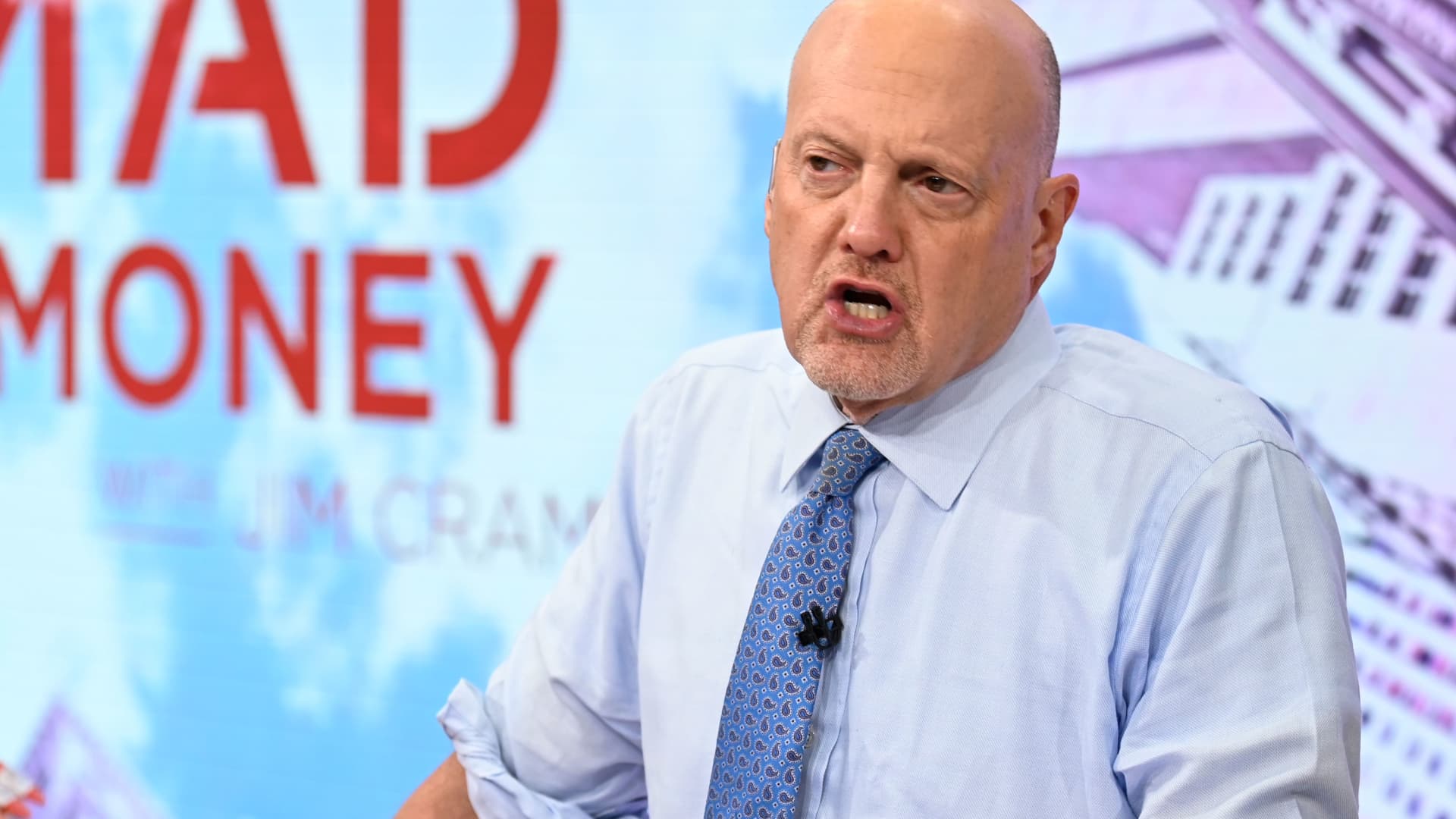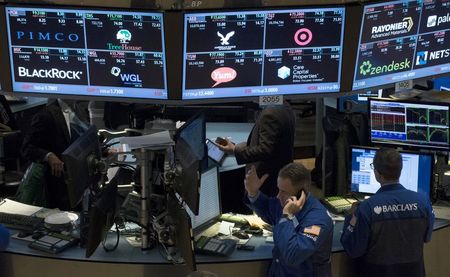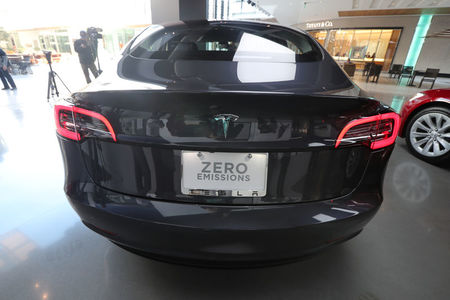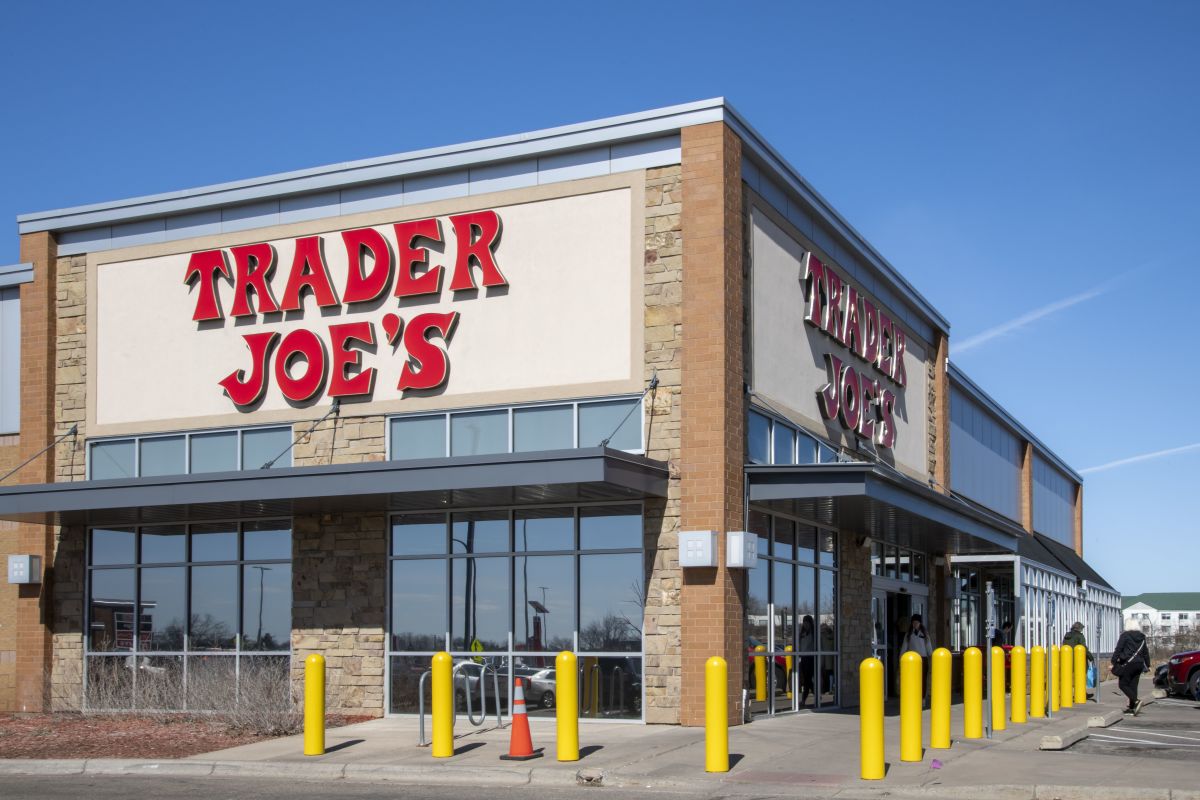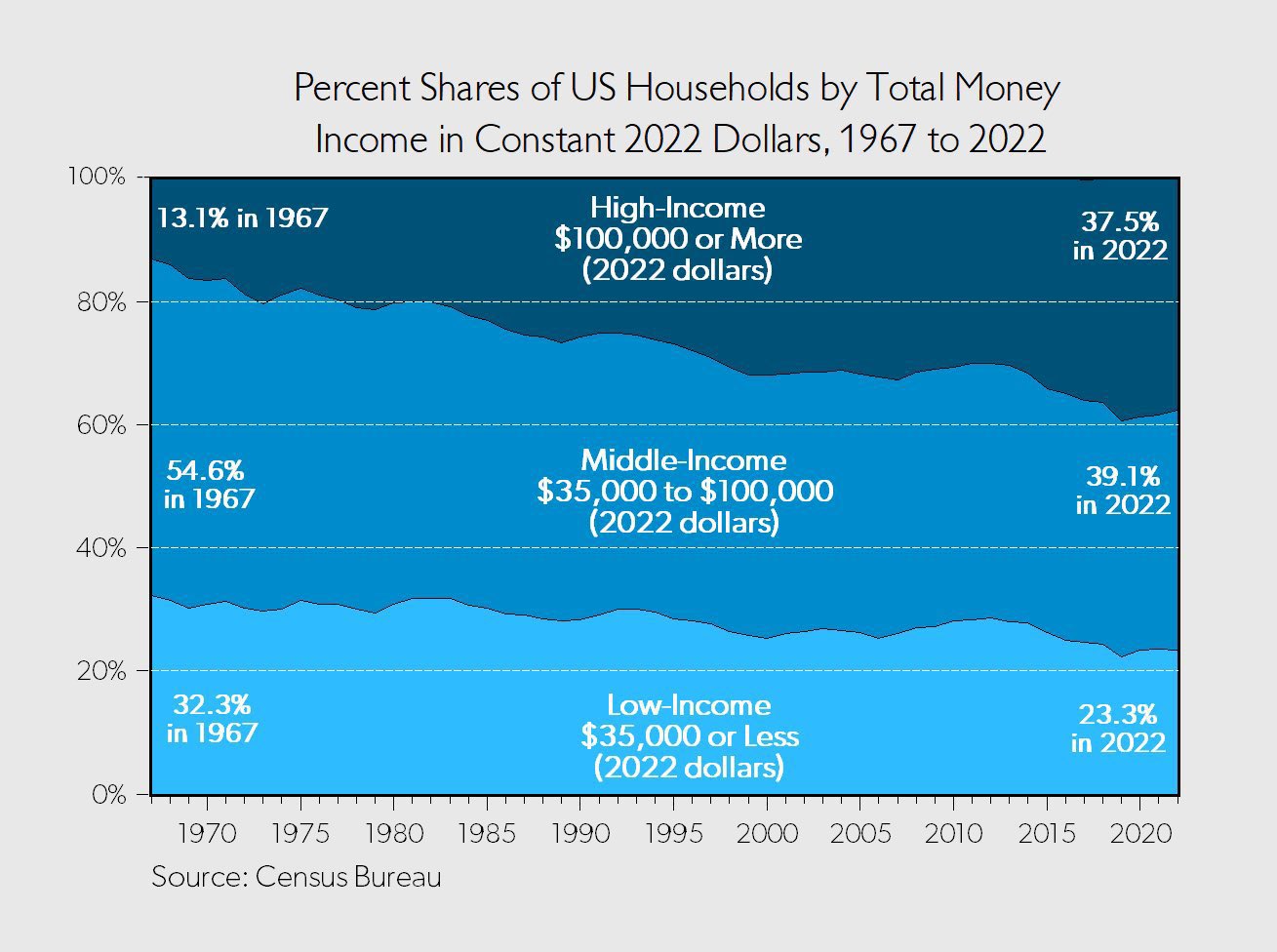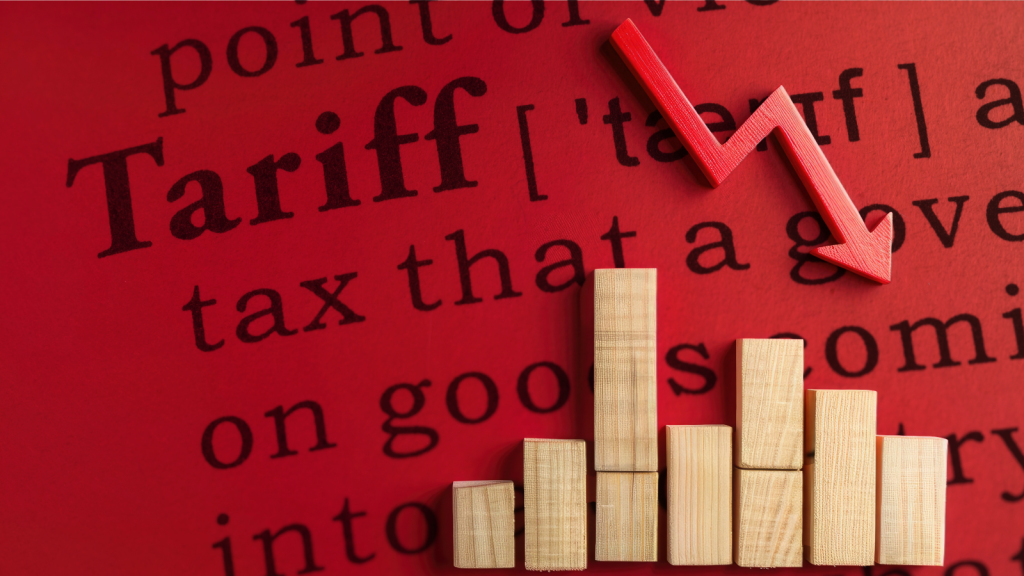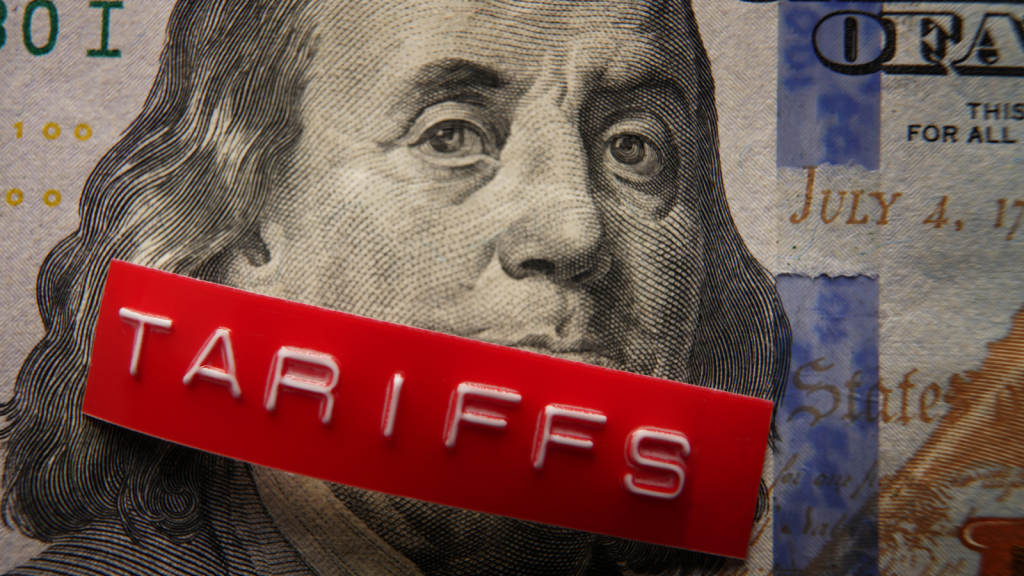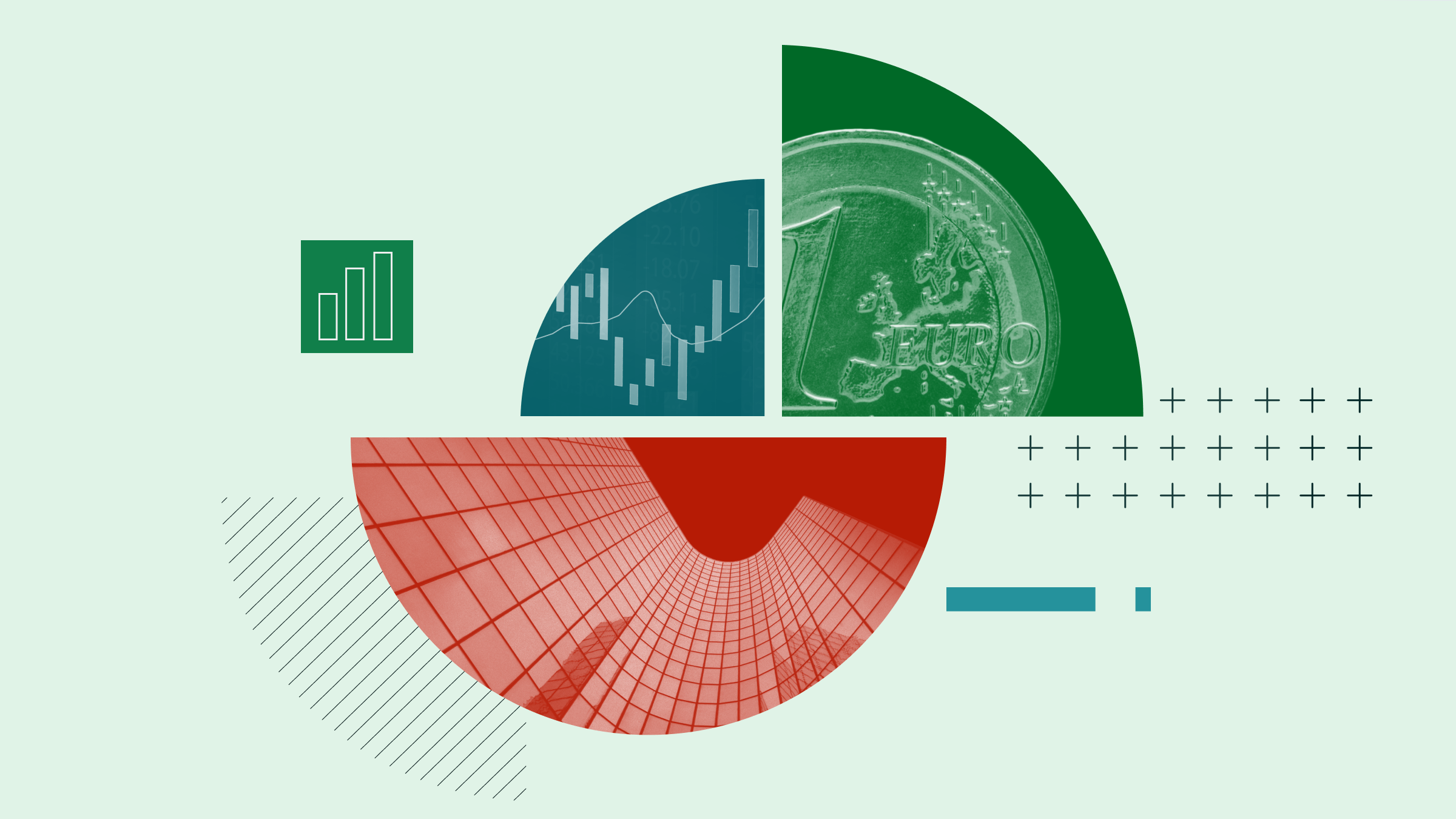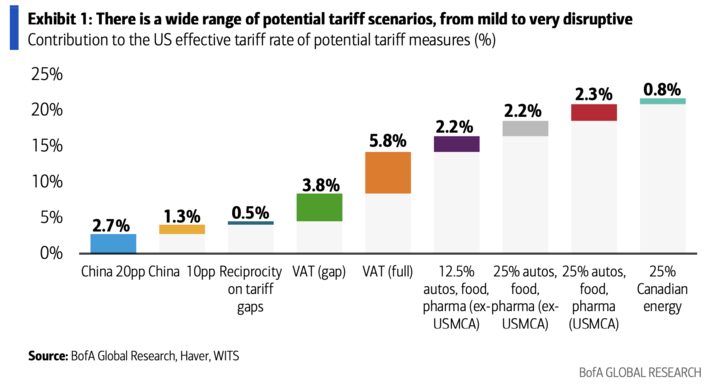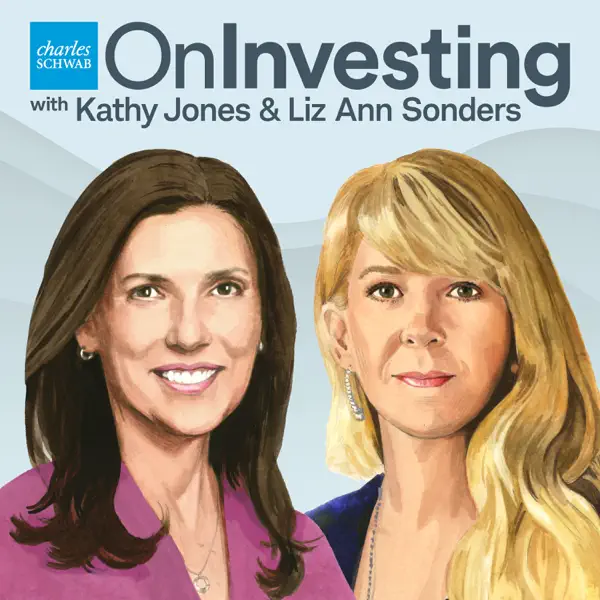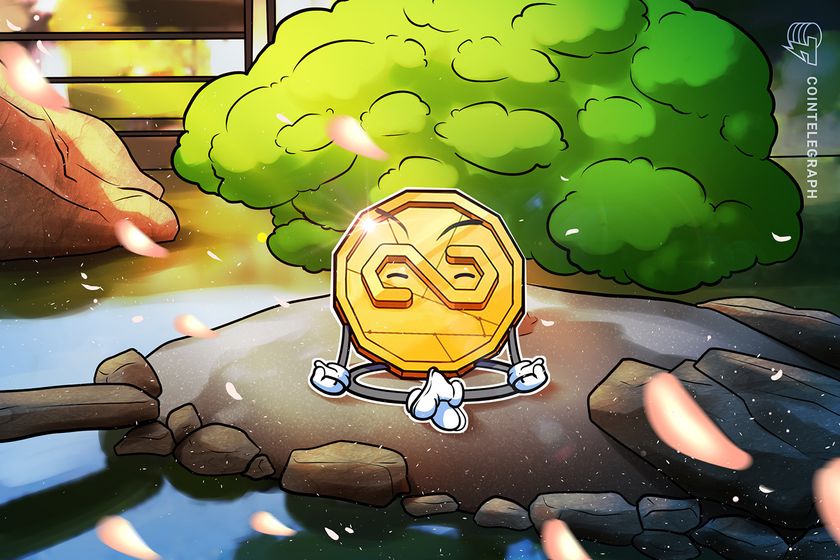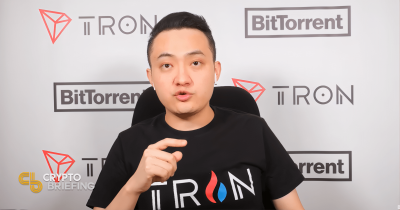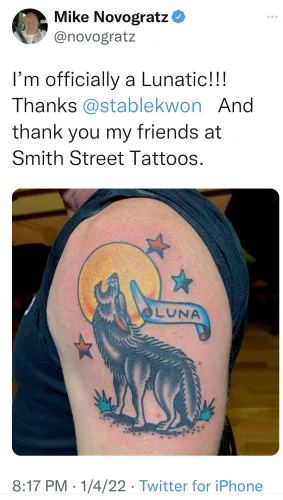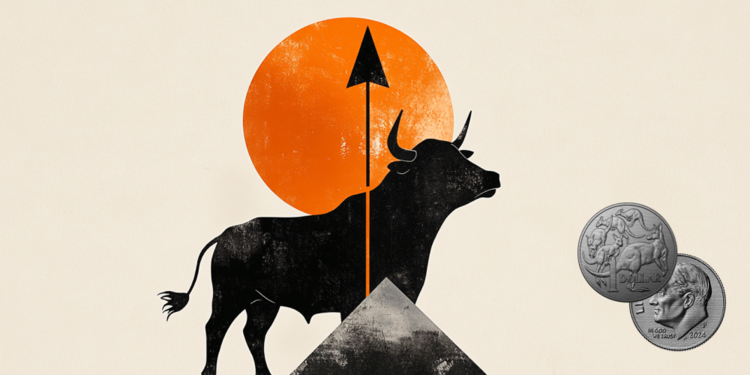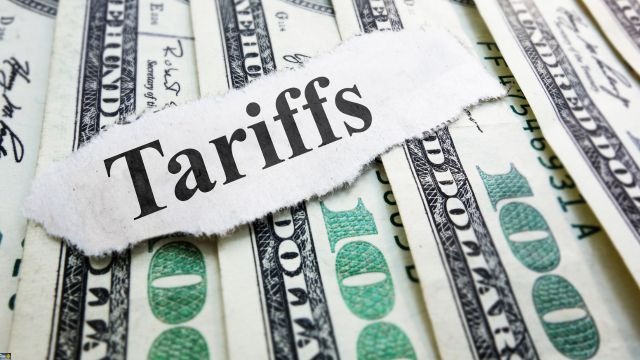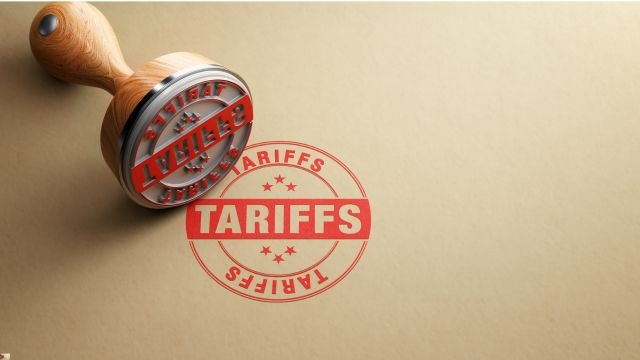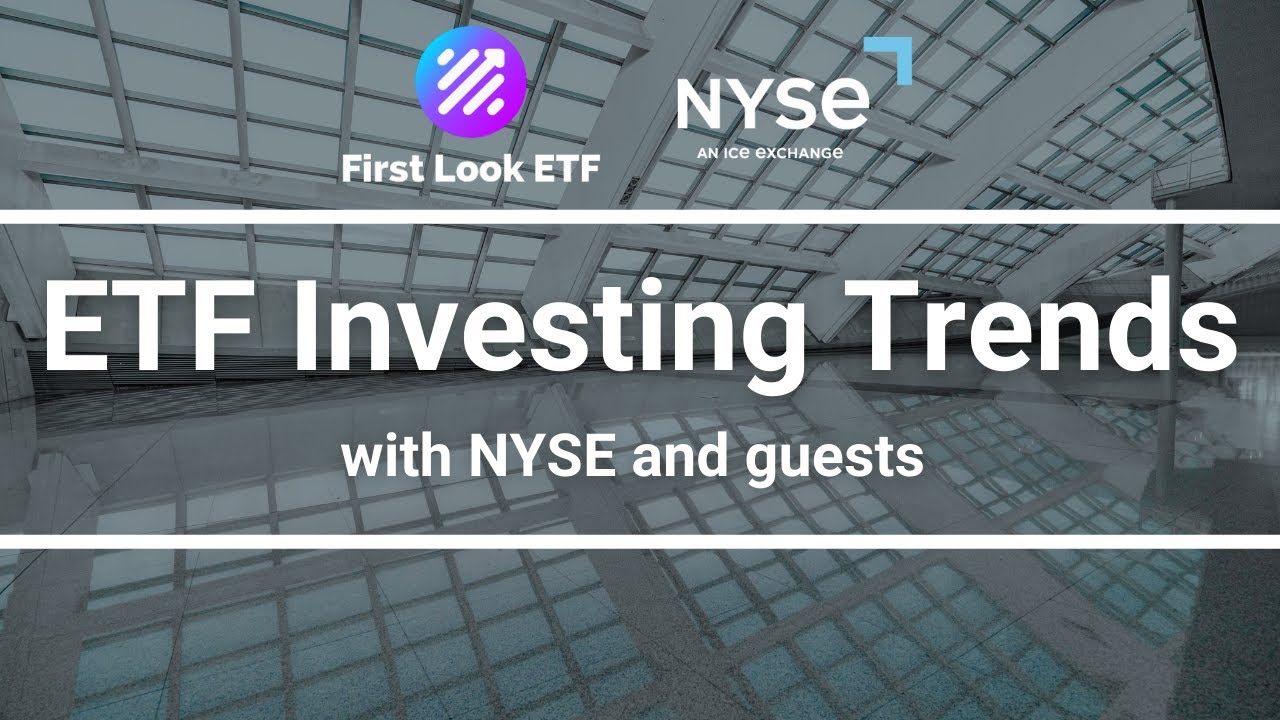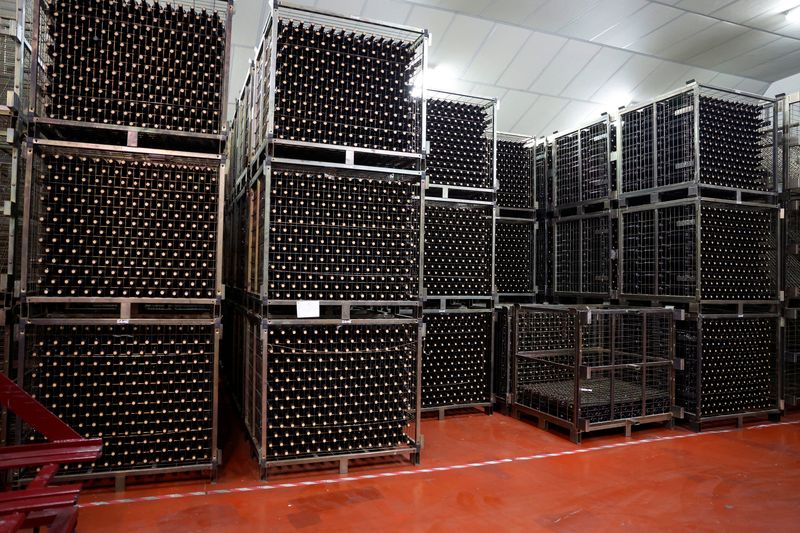I Saved $100K by 30, Now What Should I Do With My Savings for Future Growth?
File this next letter from the Reddit mailbag under the rubric: “Nice problems to have.” Our caller today, let’s call her “Sally,” describes herself as 30 years old and currently renting a house with her partner, but with plans to buy. Since age 16, Sally has been working, and saving her wages just like every […] The post I Saved $100K by 30, Now What Should I Do With My Savings for Future Growth? appeared first on 24/7 Wall St..

File this next letter from the Reddit mailbag under the rubric: “Nice problems to have.” Our caller today, let’s call her “Sally,” describes herself as 30 years old and currently renting a house with her partner, but with plans to buy.
Key Points
-
Short-term savings should go into a high yield savings account.
-
Longer-term savings can go into an online brokerage to invest in stocks.
-
Beginning investors should choose the automatic diversification of an S&P 500 index fund, and leave individual stock investing for later.
-
Are you ahead, or behind on retirement? SmartAsset’s free tool can match you with a financial advisor in minutes to help you answer that today. Each advisor has been carefully vetted, and must act in your best interests. Don’t waste another minute; get started by clicking here here.(Sponsor)
Since age 16, Sally has been working, and saving her wages just like every financial planner you’ve ever met recommends. The good news is that Sally’s made a lot of progress. She has $100,000 saved up already. The bad news is that now that she’s done this, she’s not 100% certain what her next step should be!
Should she use the money for a down payment to purchase the home she and her partner currently rent, or should she wait? And if she does wait, then what should she do with the money to keep it growing until such time as she is ready to buy?
The first question seems easiest to answer, so let’s do that: Yes. Wait. Don’t buy a house with a “partner,” and take on all the questions about who owns how much of the house in the event you later break up. This is just inviting arguments down the road, I think. Leave buying a house for the time when your partner has become your spouse, and your assets are fully and legally joined together.
(I mean, unless the idea is for Sally to buy the house herself, and let her partner pay rent or… freeload. But that’s another question for another day).
HYSA’s beat checking accounts, hands down
The second question is a bit more complicated, but in a good way. Assuming Sally keeps her assets separate from those of her partner, and simply wants to grow them over time, all sorts of options suggest themselves.
To start out, Sally says her money is currently in a money market savings account, also often called a “high yield savings account” or “HYSA.” This keeps the money liquid and easily accessible should Sally ever need it in a hurry. It also means Sally is probably getting paid interest far in excess of the 0.01% interest rate so often paid on big bank checking accounts. While Sally laments that her savings are “not making much money due to rates dropping (I think?)”, and rates are in fact dropping, it’s still not hard to find a high yield savings account paying interest in the 3% to 4% range, which is multiples better than the average checking account rate.
Sally should keep several months’ expenses in her HYSA if it’s already paying that much, or move it to a better-paying HYSA if it isn’t.
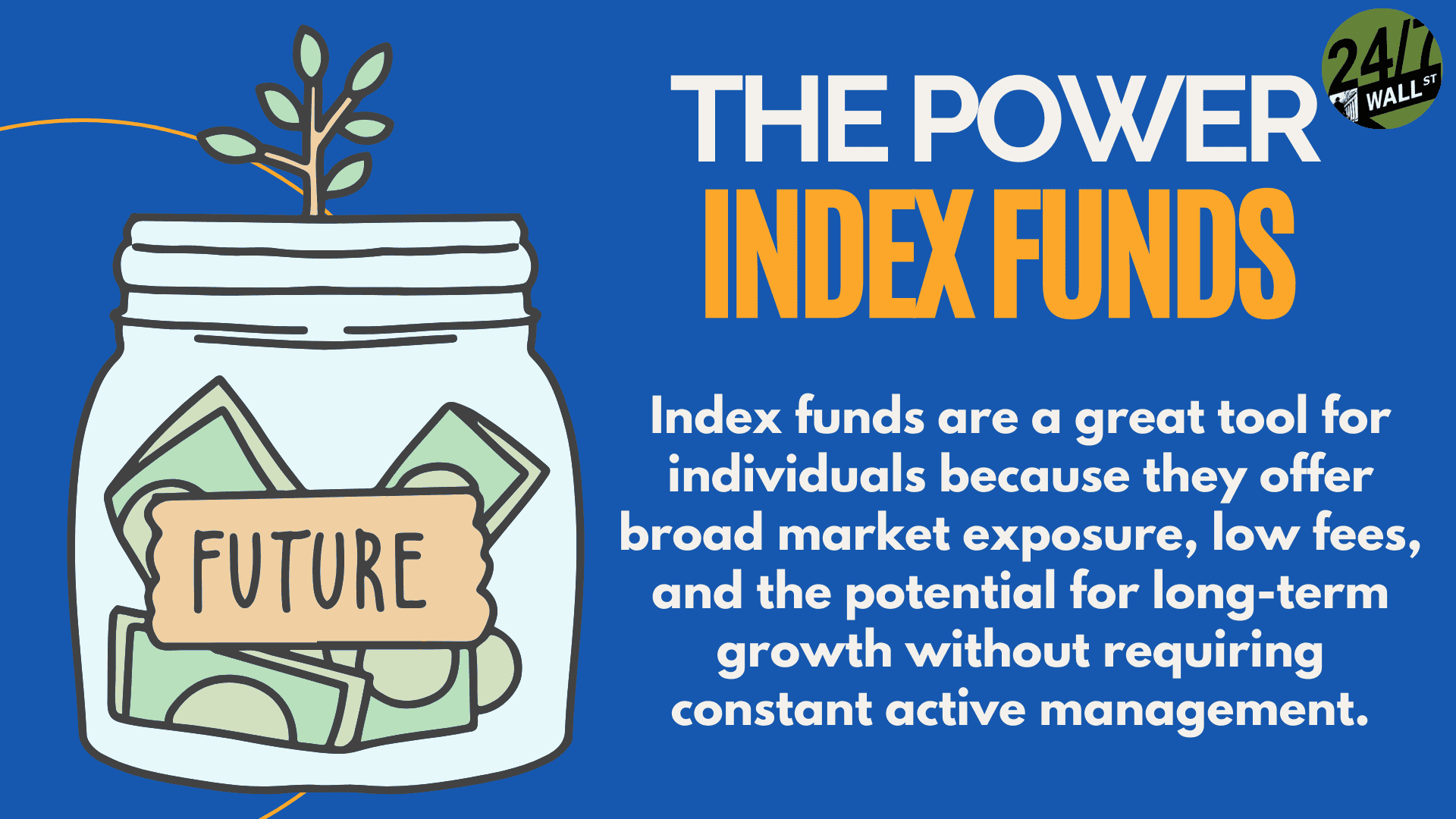
What to do with the rest of the money?
Sally pays $900 a month in rent, has no debt (even her car is paid off!), and says she does not have “a ton of other expenses.” So let’s assume her monthly expenses are no more than $3,000. In that case, six months’ living expenses would mean Sally only needs to keep about $18,000 or so in her HYSA.
The rest of the money, which she will not need immediately, can be classified as long-term savings and go somewhere else that offers better than 3% to 4% returns.
Sally’s already having money deducted from her paycheck and put into a 401(k), and is taking advantage of her employer match. Given the situation as described above then, and given Sally’s young age of 30, with probably another three or four decades until retirement, I think she can afford to take the risk of putting the balance of her $80,000 odd savings in the stock market.
While investing in individual stocks is one option, and the one I choose for myself, Sally is just starting out her investing journey. So to start, I’d suggest opening up an online brokerage account and buying a nice, plain vanilla S&P 500 index fund, or a similar ETF like the Vanguard S&P 500 ETF (NYSEARCA: VOO). Historically, over long periods of time, the S&P 500 has proven itself capable of rising 10% or 11% per year on average. As a long-term means of building wealth, it’s about 3x a better investment than a HYSA. It’s also a good way to diversify investments across a large number of stocks (500, to be precise) so that if one or two or three investments go sidewise, it won’t ruin the whole investment.
If Sally follows this advice, I think she’ll be setting herself up nicely so that, when the time comes to decide what to do about the house, and the partner, she’ll have even more money at her disposal to do it with.
The post I Saved $100K by 30, Now What Should I Do With My Savings for Future Growth? appeared first on 24/7 Wall St..




